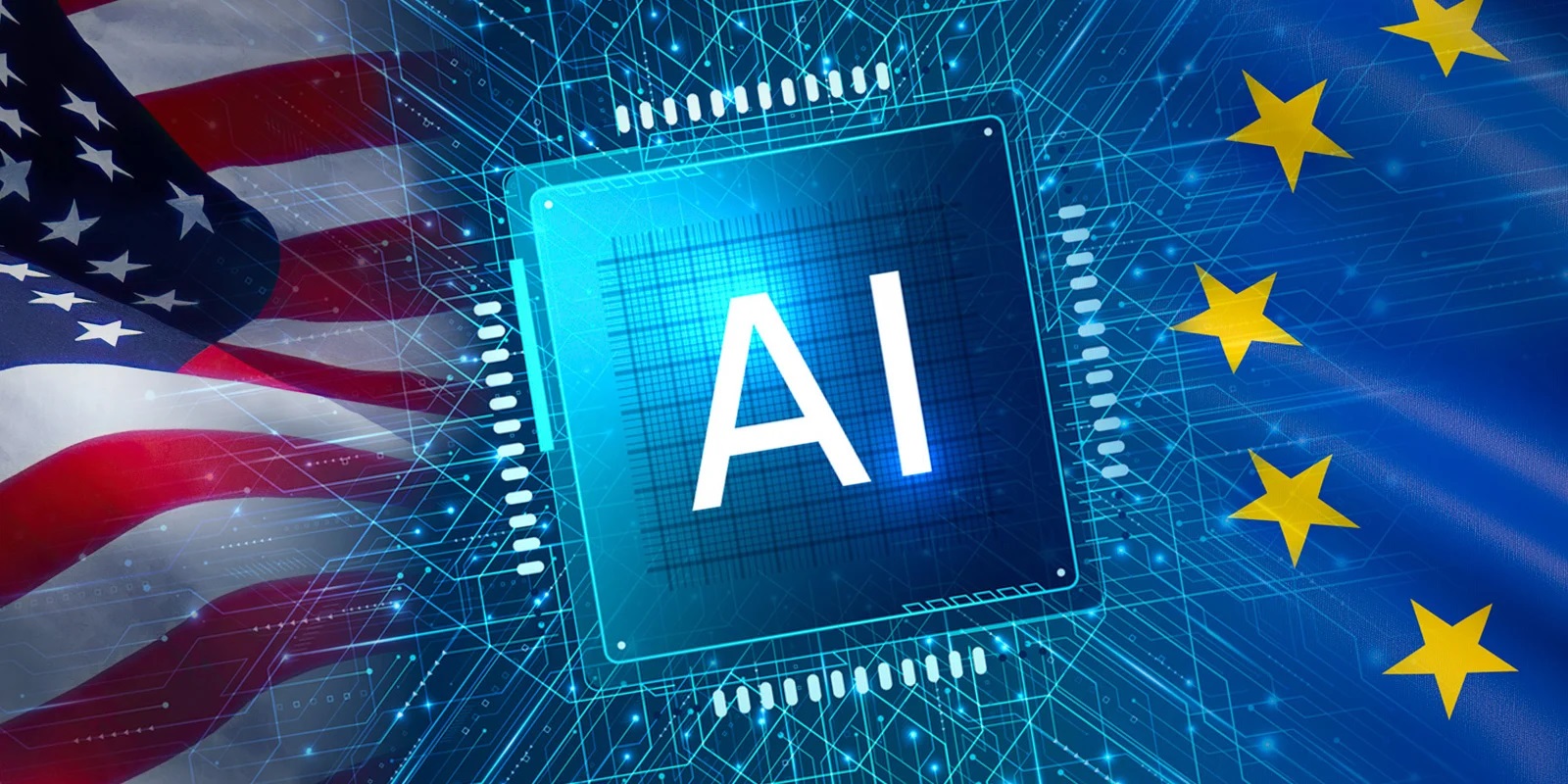The European Union's recent unveiling of the AI Act ushers in a pivotal governance framework, compelling organizations to augment transparency surrounding the training data underpinning their AI ecosystems. This legislative move threatens to puncture the veil of secrecy many Silicon Valley entities have meticulously woven around their AI development and deployment methodologies.
The crescendo of interest and capital influx sparked by OpenAI’s ChatGPT, backed by Microsoft and unveiled 18 months prior, has significantly accelerated investment in generative AI technologies. These platforms, adept at crafting text, visuals, and audio at unprecedented velocities, have commandeered substantial attention. Yet, this AI proliferation begets a crucial inquiry: What is the modus operandi of AI developers in sourcing the foundational data for their models, and does it implicate unauthorized usage of copyrighted materials?
Unfolding the AI Act
Scheduled for phased implementation over the upcoming biennium, the EU's AI Act endeavors to tackle these quandaries head-on. Gradual adoption affords regulators time to acclimate to novel regulations and businesses to recalibrate operations accordingly. However, the practical enforceability of select provisions remains uncertain.
Among the Act's more contentious clauses is the mandate that purveyors of general-purpose AI models, exemplified by ChatGPT, furnish “comprehensive synopses” detailing their training datasets. Anticipated for early 2025, post-stakeholder consultations, the nascent AI Office intends to unveil a template for adherence, marking a pivotal juncture.
AI firms have vigorously opposed divulging such data, characterizing it as proprietary intelligence whose exposure could confer unfair advantages to rivals. The granularity mandated in these transparency disclosures portends substantial repercussions for nascent AI startups and tech behemoths alike, with Google and Meta anchoring their futures on AI technology.
Over the past annum, industry titans like Google, OpenAI, and Stability AI have confronted litigation from creators alleging unauthorized utilization of their content for model training. Amid intensifying scrutiny, some tech giants have initiated licensing agreements with media outlets, yet concerns linger that these measures prove inadequate.
Divergent Views Among European Legislators
Europe's legislative landscape showcases stark contrasts. Dragos Tudorache, instrumental in drafting the AI Act, champions the mandatory open-sourcing of datasets by AI companies, underscoring transparency as a cornerstone for creators to ascertain the employment of their works in algorithmic training.
Conversely, President Emmanuel Macron's administration in France has discreetly resisted regulations that might undermine native AI startups' competitiveness. Bruno Le Maire, the Finance Minister, underscores Europe's aspiration to lead in AI, transcending the role of a mere consumer of American and Chinese innovations.
While acknowledging the tightrope walk between safeguarding trade secrets and facilitating rights for stakeholders, including copyright proprietors, achieving this equilibrium proves a formidable task. Perspectives diverge across sectors, with Matthieu Riouf, CEO of Photoroom, likening AI’s guarded elements to the culinary world's closely held recipes. Meanwhile, Thomas Wolf of Hugging Face advocates for a nuanced balance between the push for transparency and industry realities.
Controversies Illuminate Complexity
Recent controversies, such as OpenAI's demonstration of ChatGPT featuring a Scarlett Johansson-esque synthetic voice, highlight the potential for AI to infringe upon personal and proprietary rights. These incidents underscore the complexity inherent in regulating AI's ethereal boundaries.
Debate rages on regarding the Act's prospective impact on AI's innovative thrust and competitive landscape. France, in particular, advocates for innovation-led policy, wary of stifling advancements through premature or misguided regulations.
The EU's AI transparency regulations hold transformative potential for tech enterprises, digital creatives, and the broader digital ecosystem. Policymakers confront the delicate task of nurturing innovation, steering AI towards ethical and safe practices, and averting IP infringements.
In essence, the AI Act, if ratified, charts a course towards unparalleled AI transparency. However, the practical fruition of these norms and their sectoral ramifications remain distant. As a new regulatory epoch dawns, striking a harmonious balance between innovation, ethical AI progress, and intellectual property protection will persist as a paramount and contentious issue for all stakeholders involved.







